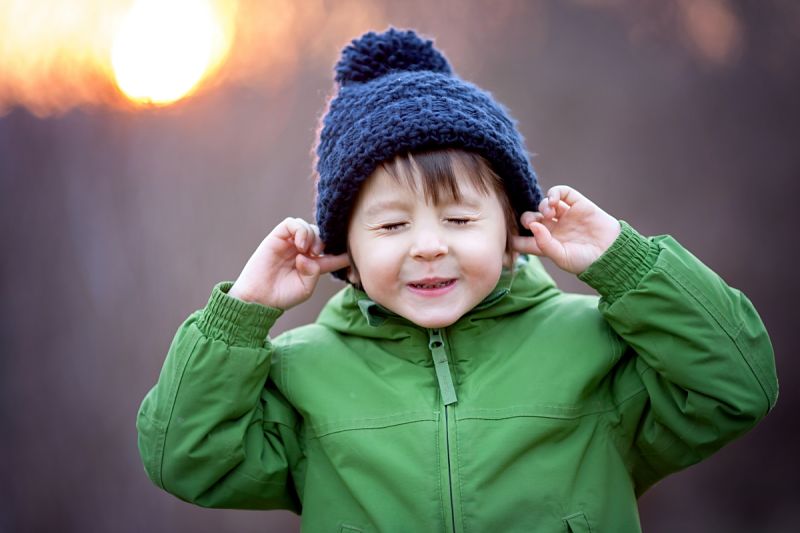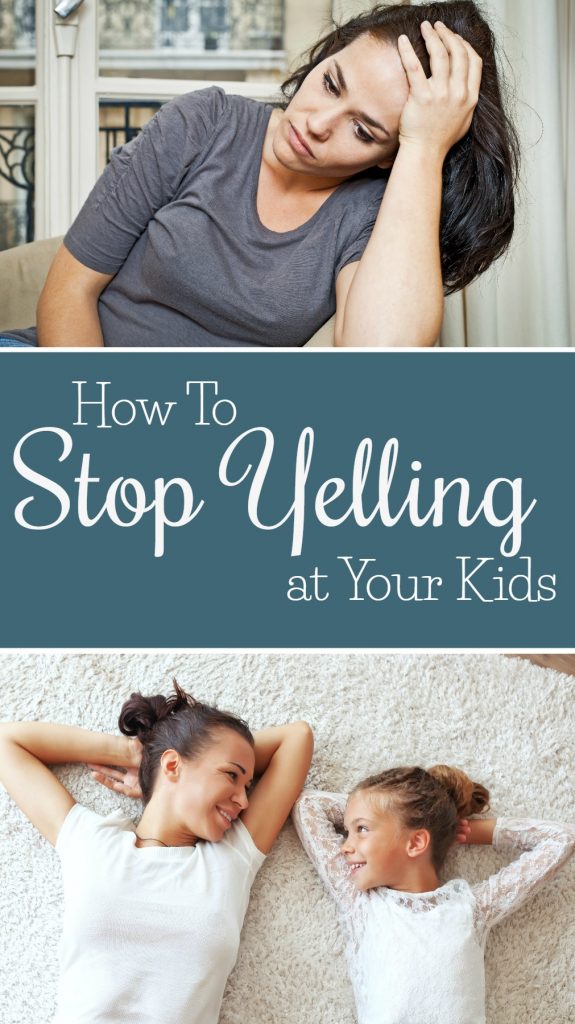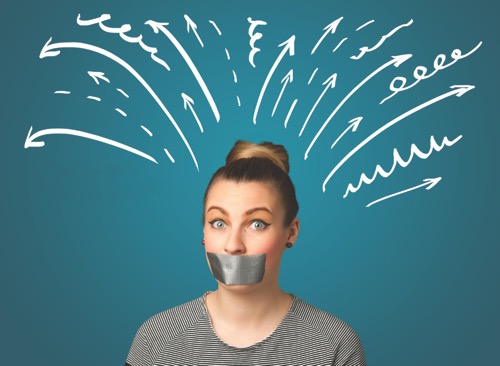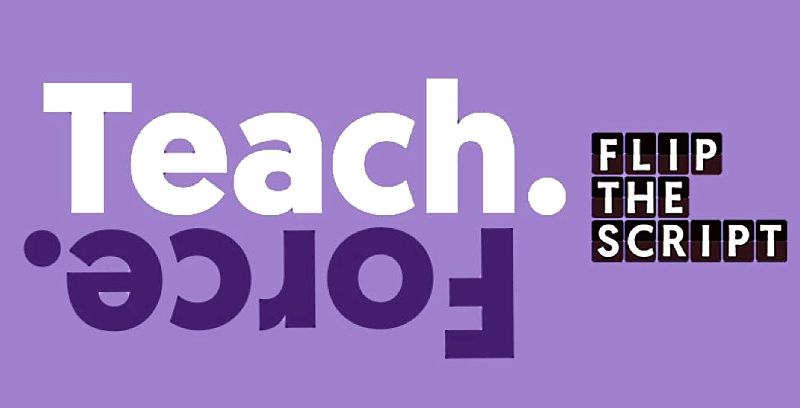Q&A: Why Do Parents Scream at Children - How to Stop Yelling at Kids?
If you find yourself screaming at your children? Research suggests that up to 90% of parents yell at their kids, if only occasionally. Do you want to deal with the situation in a calmer way without verbal abuse? Shouting at kids also fosters anger in children with their peers.
Do you feel guilty after such episodes?
Well research has shown that you are right to be concerned and you should try to do something to stop the yelling. It displays a weakness on you part and can damage the child as well as affecting the relationship.
This article reviews the latest research on the harm it may be doing to the parent, child and family relationships. Learn how to stop yelling at your kids.
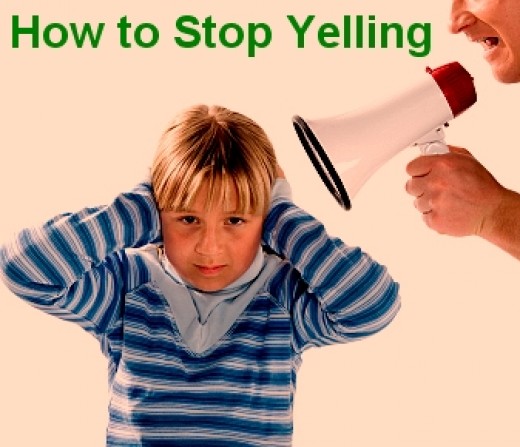
Why Do You Shout at Your Kids?
Yelling at kids is a symptom that parents lose control of the situation. Anger and responding with yelling is all about to regain power because you the parent feel powerless to deal with the situation in other ways.
Often there are causes beyond the immediate situation that has caused the yelling - parents may be tired, frustrated or the situation or frustration may have been building for some time.
So it is about managing the circumstances, the triggers and the environment that has led to the response as well as how to better deal with the primary trigger. In some ways yelling may be a habit and many people can learn to stop their screaming and yelling at their children.
Parents who begin to yell on a regular basis, especially using profanities or derogatory remarks, risk causing long-term emotional stress to themselves and the child.
Research reported in the American Journal of Psychiatry showcased this and suggests that emotional abuse can be a significant predictor of future mental illness and emotional problems than sexual or physical abuse in childhood.
The study Titled: "Sticks, Stones, and Hurtful Words" was designed to examine the impact of parental verbal aggression and witnessing domestic violence and abuse on psychiatric symptoms. The study found that parental verbal aggression was a significant and harmful form of maltreatment.
Verbal aggression produced to moderate to large outcomes that were comparable to those associated with witnessing domestic violence or physical abuse in the family. The outcomes were multiplied when the verbal aggression was combined with other forms of maltreatment, with the net effect being greater than the sum of the parts.
One of the fundamental causes of depression and anxiety is incorrect and inappropriate understanding of self-worth. If you get angry and tell your child that they are stupid, worthless, hopeless and similar self-worth labels then it reflects back on yourself and your own understanding of your own self-respect. See this article for more information on the topic of self-respect.
Children who are yelled at may regard yelling is the acceptable way of dealing with a situation they are powerless to control. More people in a household may yell at each other on a regular basis and this decreases the overall harmony in the household.
Yelling can lead to feelings of guilt afterwards when emotions calm down causing parents to have feelings of despair and self-doubt concerning their parenting skills. Parents often apologize but the damage is done.
Changing the Tendency to Scream at your Children
There are two aspects to this:
- Having realistic expectations
- Changing the Yelling Habit
There are several things you can do:
Find Your Triggers and Contributing Causes - Take time out next time you yell and you will often find that it has been caused by a frustrated associated with something other than why you are yelling at the kids.
Often it is triggered by being stressed and out of control and frustrated or angry and this leads to the yelling. The good news is that you can change these things so that you are more on control and can cope with what has happened between you and your child.
Wait a While before Reacting - Often you may yell without thinking about it. If you count to ten or twenty and give yourself time you will often avoid the verbal abuse or at least tone it down. Be in the moment aware of what is happening and remain in control.
Walk Away - It may seem to be weak but it is an obvious way to avoid over-reacting. Come back and address it later rather than making and instant response. Allow yourself time to think things through and apply some logic and alternatives to the situation. The same applies to the child who is aware that they may have done wrong. It also demonstrates to everyone in the family that it is OK to walk away, and to think things through.
Redirect Your Energy - Once again this is obvious - find some other way to vent your anger - hit a pillow or kick a ball or do any extra hard work out in the gym. Do something physical while you are working your way through it. Go for a walk or a run to release some of the tension.
Make a Joke of the Situation - Though this is hard to do it is often very clever and effective to use humor to get the message across without verbal abuse. Getting everyone laughing can really alleviate a difficult situation. It is very hard to stay angry when you are being silly and funny.
Apologize, immediately if you have yelled - Saying you are sorry and really meaning it is important, even though you will be admitting you have made a mistake. This can magnify the hurt response, but the outcome will still be better.
Forgive Yourself - All parents make mistakes and are not perfect. The point is to learn from the experience and eliminate the yelling.
References
Five ways to Stop Yelling at Kids
